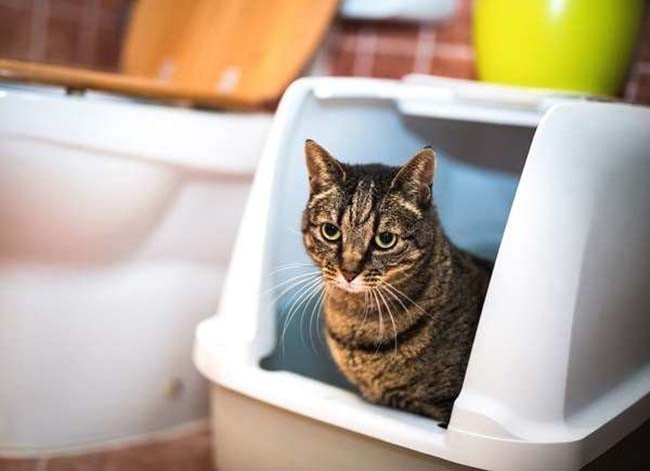Here’s how to tell if an odor in your home is hazardous to your health or something that can be easily resolved.
Cat urine, cigar smoke, last Sunday’s fish fry, and toilet odors are just a few of the many unpleasant odors that linger in our homes. It may be the range of these odors and the stench they leave behind that more than 249 million Americans reported using air freshener sprays and indoor deodorizers in 2020, according to U.S. Census data and Simmons’ National Consumer Survey. While some household odors are simply unpleasant, others may be signs of a dangerous condition. However, before deciding how to eliminate odors in the home, you must first determine the cause of the odor. For example, if you have ever described the smell in your home as “fishy” or “pungent,” you may have a problem.
Rotten eggs.

According to the U.S. Energy Information Administration, about half of U.S. households use natural gas for heating, hot water, cooking, and drying clothes. Undetected gas leaks can lead to fires and explosions. However, because natural gas is usually colorless and odorless, natural gas leaks are virtually undetectable.
As a safety measure, gas companies add a foul-smelling odorant to natural gas, producing a distinctive “rotten egg” smell. If you smell something that smells like rotten eggs, leave the house immediately, do not use a landline, do not turn on or off any lights or appliances, and call the gas company from a cell phone within a safe distance of your neighbor’s house or home.
Fishy odor

If you smell a fishy odor in your house, it may not be the lingering scent of last night’s tilapia. Instead, you may want to call an electrician as soon as possible. This fishy smell is usually a sign that an electrical component is overheating or burning. Loose or frayed wires and cables, overloaded circuits, faulty outlets, mis-sized breakers or fuses, and overheated electrical shields or insulators can cause the odor. These problems can lead to house fires if not addressed quickly and properly.
Sewer and toilet odors.

Don’t blame the beans and don’t soak them! If your bathroom smells like sewage, you may want to call a plumber. This odor could mean that the plumbing system or vent line is clogged or that the sewer line is damaged. If the odor is coming from a drain that has not been used for a particularly long time, it could be due to a dry P-trap. (If the water in the trap evaporates, sewage gases may escape.)
To prevent sewage odors, flush all drains at least once a month. Water heaters are another common source of sewer and sulfur odors. If the odor is stronger when hot water is flushed, the anode rod in the water heater may need to be replaced.
Cat Urine

Even people who do not have feline friends may smell cat urine, especially after a rain, and wonder how to get rid of the bothersome cat urine odor. This distinctive odor can be a sign of a mold problem. Some types of mold smell like cat urine, and some dangerous toxic black molds require professional help.
Another common cause of cat urine odor is ornamental boxwood, a common landscape shrub. In addition, if a previous occupant had a cat, moisture touching the wood floors and walls can give off the smell of a long-ago cat.
Wet dog smell.

Although not as foul smelling as a wet dog, squirrels, raccoons, and mice emit a similar odor. If you don’t have a dog and you keep smelling a wet dog, a rodent may be living in your home. Many wild animals can bite, contract rabies, or pass bugs and diseases to humans and pets through infected feces. Keep everyone safe by hiring a professional pest control company to eliminate the pests.
Decomposition

Rotten food has a distinctive, sickly sweet smell that tells our animal brains to go far, far away. If you smell rotten food in your house, it may be old potatoes that have fallen into the back of a cupboard. Otherwise, it could be dead mice or other animals in the walls, ducts, attic, crawl space, or chimney of your house. Have a professional come in as soon as possible to inspect the ducts and plumbing and remove the dead intruder.
Gym or locker room odors.

You may not smell that familiar “dirty sock smell” coming from your teenager’s gym bag. Rather, it may be caused by the buildup of bacteria on the heating coils. Bacterial growth can occur at any time of the year, but is especially likely in the spring and fall, when the system is constantly cycling between hot and cold temperatures. This condensation creates the perfect environment for bacterial growth and produces a distinctive odor. The best way to get rid of foul odors in the home is to clean the evaporator coils with a non-acidic coil cleaner or have a qualified HVAC professional clean the coils and air ducts.
CLICK NEXT PAGE BELOW TO CONTINUE READING …










